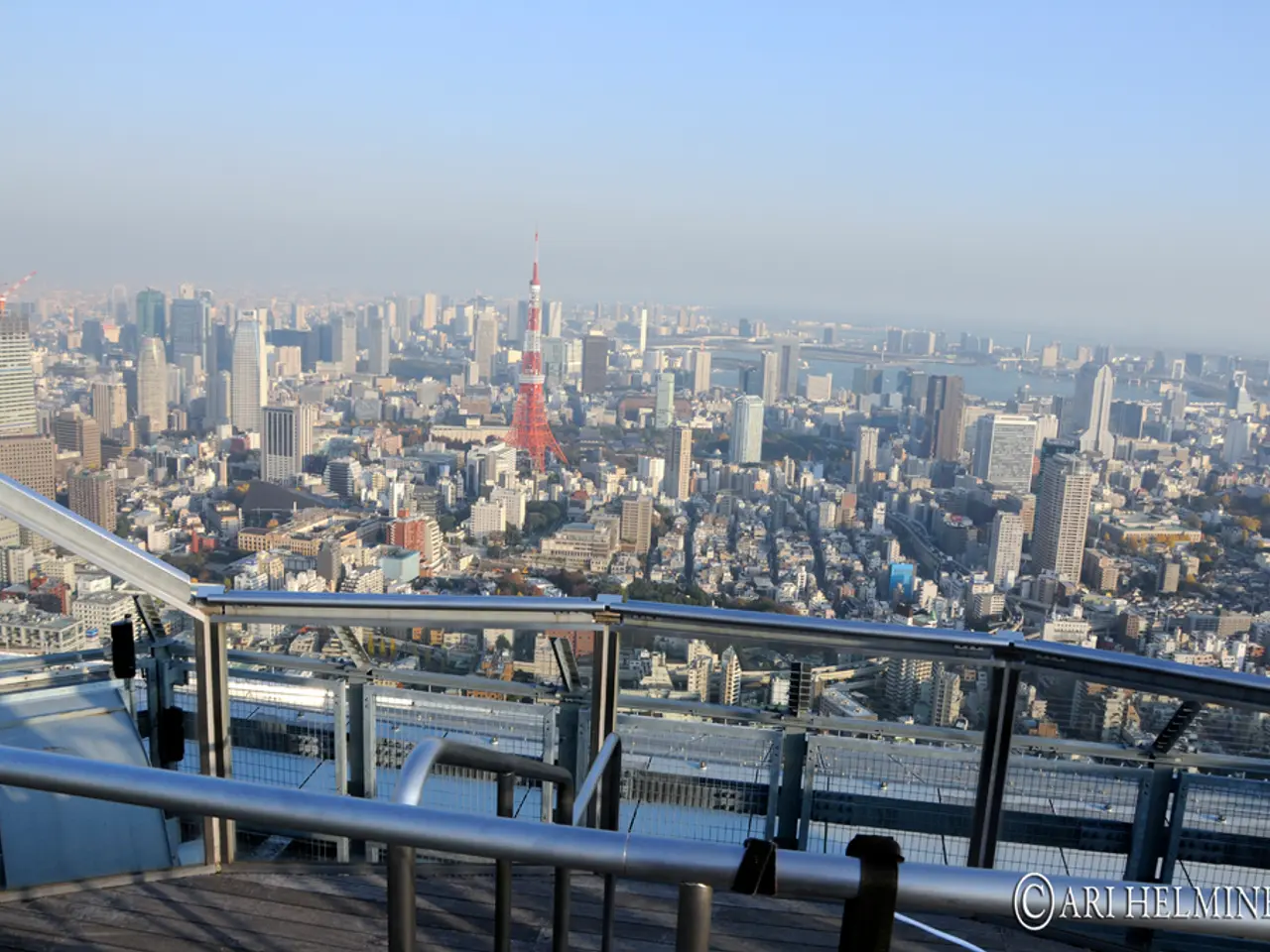Global Leadership Shifts: Putin Declares Obsoleteness of Globalisation, Forecasting a Future Dominance by Emerging Markets
In a significant shift from traditional globalization, the views and objectives of the BRICS group, as articulated by Russian President Vladimir Putin, emphasize a move towards a multipolar global order led by emerging markets.
During his participation in the BRICS Summit held in Rio de Janeiro, Brazil via video-link from Moscow, Russia, Putin declared that the era of liberal globalization is becoming obsolete. He highlighted that the center of economic and business activity is moving to rapidly growing emerging economies, particularly those in the Global South.
A key objective of BRICS now is to enhance economic cooperation among member countries by increasing the use of their national currencies for trade and financial transactions. Putin announced that 90% of transactions between BRICS countries are now conducted in local currencies, signaling a major realignment in international trade and finance within the bloc. This move aims to create a more autonomous and competitive economic system independent of Western control, strengthening financial sovereignty and resilience in the face of geopolitical pressures.
BRICS, which includes eleven members following recent expansions, collectively makes up roughly 45% of the global economy and population, underscoring its growing influence on the world stage. Putin portrays BRICS as a geopolitical counterweight to Western power, especially the declining financial hegemonic role of the United States. The group aims to leverage the economic dynamism of the Global South to drive more equitable and multipolar global growth in the 21st century.
Putin called for increased cooperation among BRICS countries in various sectors, including natural resources, logistics, trade, and finance, indicating a broad agenda for integration beyond just currency issues. This reflects a strategic pivot toward non-Western markets and economic restructuring within Russia and the BRICS bloc more broadly.
It is important to note that Putin's participation in the BRICS Summit was due to an arrest warrant from the International Criminal Court regarding alleged war crimes in Ukraine. Moscow claims the arrest warrant is unfounded and pointless.
The combined nominal Gross Domestic Product (GDP) of the BRICS countries, which also includes Egypt, Ethiopia, Indonesia, Iran, and the United Arab Emirates, is more than $28 trillion, according to the International Monetary Fund. China accounts for more than 60% of the combined economic clout of the BRICS members.
BRICS was initially an idea conceived by Goldman Sachs to describe the growing economic influence of China and other major emerging markets. The group, which originally included Brazil, Russia, India, China, and South Africa, has expanded to include other significant emerging economies, reflecting its growing influence and relevance in the global economy.
In summary, Putin's vision for BRICS is one of a post-liberal globalization world order centered on emerging markets, increased trade and financial transactions in member countries' national currencies to reduce dollar dependence, strengthening economic cooperation to build an autonomous, competitive system separate from Western-dominated institutions, promoting the Global South as the new driver of global economic growth, and presenting BRICS as a geopolitical and economic counterweight to Western, especially U.S., dominance.
- A key part of Putin's vision for BRICS is to foster economic cooperation among member countries, which includes increasing the use of their national currencies for trade and financial transactions.
- The BRICS group, now consisting of eleven members, collectively makes up approximately 45% of the global economy and population, indicating its growing influence in global markets.
- Putin's focus on enhancing economic cooperation extends beyond just currency issues, as he has called for increased cooperation in sectors such as natural resources, logistics, trade, and finance.
- Putin perceives BRICS as a geopolitical counterweight to Western power, particularly the declining financial hegemonic role of the United States, and aims to leverage the economic dynamism of the Global South to drive more equitable and multipolar global growth.
- The combined nominal Gross Domestic Product (GDP) of the BRICS countries, which includes eleven members and additional countries like Egypt, Ethiopia, Indonesia, Iran, and the United Arab Emirates, is over $28 trillion, according to the International Monetary Fund, signifying the financial strength of BRICS in global markets.




